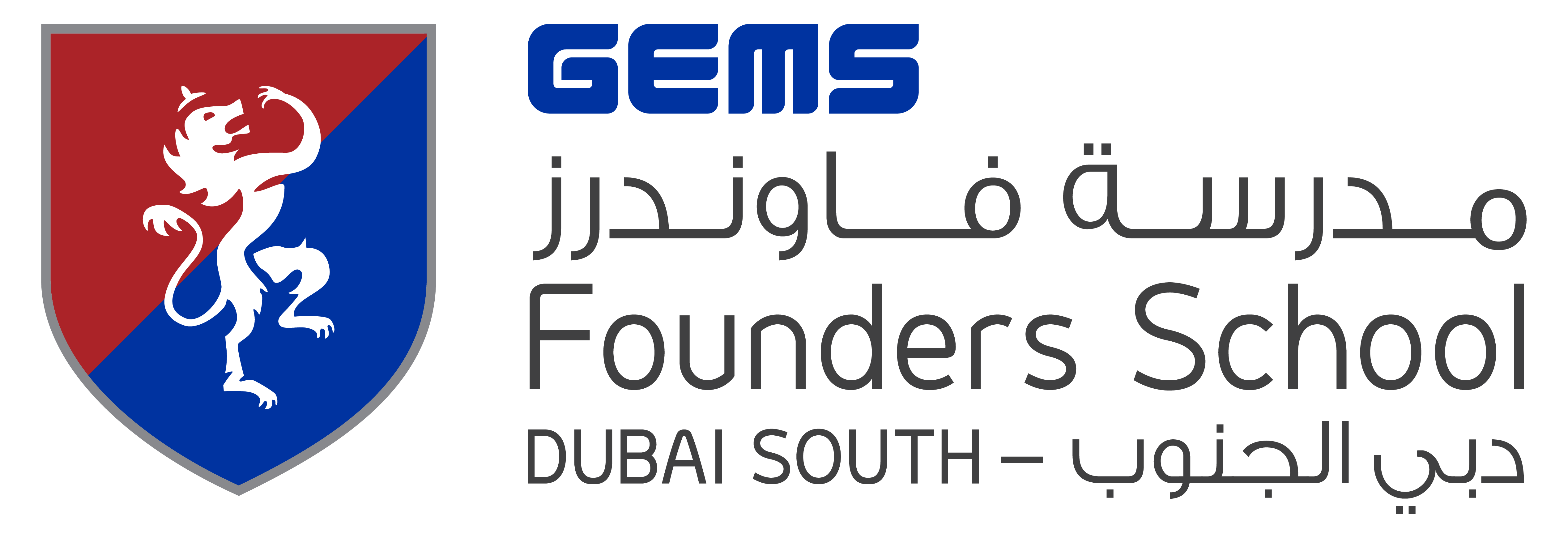
Islamic Studies in UAE
The Islamic Studies curriculum set by the Ministry of Education (MOE) in the UAE aims to provide students with a comprehensive understanding of Islamic principles, values, and culture. This curriculum is designed to nurture spiritual, moral, and ethical growth, fostering a deep appreciation for Islamic heritage and its relevance in contemporary life. Below is an overview of the curriculum across various educational stages:
Early Years and Early Primary
Objectives:
- Introduction to basic Islamic concepts and values.
- Familiarisation with simple stories from the Quran and Hadith.
- Development of basic worship practices like prayer and supplication.
Key Topics:
- Belief in Allah and His attributes.
- Stories of the Prophets, with an emphasis on their moral lessons.
- Introduction to basic Islamic practices such as prayer (Salah) and fasting (Sawm).
- Memorisation of short Surahs (chapters) from the Quran.
Primary Education
Objectives:
- Deepening understanding of Islamic beliefs and practices.
- Learning the history and significance of the life of Prophet Muhammad (PBUH).
- Encouraging moral and ethical behaviour in line with Islamic teachings.
Key Topics:
- Detailed stories of the Prophets and lessons derived from their lives.
- The Five Pillars of Islam: Shahada (faith), Salah (prayer), Zakah (charity), Sawm (fasting), and Hajj (pilgrimage).
- Understanding and memorising additional Surahs and verses from the Quran.
- Introduction to basic Islamic jurisprudence (Fiqh) and its application in daily life.
- Islamic manners and etiquette (Akhlaq), including honesty, respect, and compassion.
Secondary Education (Key Stage 3)
Objectives:
- Comprehensive study of Islamic jurisprudence and its schools of thought.
- Detailed understanding of the Quran and Hadith, including their interpretation.
- Encouraging students to apply Islamic teachings in contemporary contexts.
Key Topics:
- Advanced study of the life and teachings of Prophet Muhammad (PBUH) and his companions.
- The study of Islamic jurisprudence, including the rules of purification, prayer, fasting, Zakah, and Hajj.
- Understanding the principles of Islamic ethics and morality.
- Comparative study of Islamic teachings with other religious and cultural values.
- Memorisation and interpretation of more extensive parts of the Quran and significant Hadiths.
Secondary Education (Key Stages 4 and 5)
Objectives:
- Critical analysis of Islamic jurisprudence, theology, and philosophy.
- Encouraging scholarly research and discussion on contemporary Islamic issues.
- Preparation for higher education and lifelong learning in Islamic studies.
Key Topics:
- In-depth study of the Quran and Hadith, focusing on Tafsir (exegesis) and Hadith sciences.
- Advanced Islamic jurisprudence (Fiqh) covering areas like family law, criminal law, and financial transactions.
- Islamic history and civilisation, including the study of major Islamic empires and their contributions to the world.
- Discussion of contemporary issues in the light of Islamic teachings, such as bioethics, finance, and global peace.
- Development of critical thinking and analytical skills through research projects and presentations on Islamic topics.
Teaching Methods:
- Interactive and engaging teaching methods, including storytelling, discussions, and practical activities.
- Use of technology and multimedia resources to enhance learning and understanding.
- Encouraging community involvement and service-learning projects to apply Islamic values in real-life situations.
Assessment:
- Regular assessments through quizzes, exams, and project work to evaluate understanding and application of Islamic knowledge.
- Continuous feedback to help students improve and deepen their understanding of Islamic studies.




